Susan Sontag's 1964 essay "Notes on Camp"--one of the seminal appreciations of 20th century cultural change--was also a declaration: "The two pioneering forces of modern sensibility are Jewish moral seriousness and homosexual aestheticism and irony."
It made Sontag's reputation. Her open-minded explanation of what was considered low-brow popular culture helped usher it into intellectual circles and academia. Sontag, in turn, became a celebrity intellectual as well as a discreetly gay intellectual as shown in the new HBO documentary Regarding Susan Sontag.
Director Nancy Kates bases Sontag's (nee Rosenblatt) life story on that tactful personal admission in "Notes on Camp." Her own Jewish and homosexual sensibility helped to shape intellectual thought, habit and standards. And through a roll call of Sontag friends, relatives, lovers and colleagues, Kates features an extraordinary gallery of gay faces. Regarding Susan Sontag is like a lesbian coming-out party: Harriet Sohmers Zwerling, Irene Maria Fornes, Eva Kollisch ("It was the first time a woman courted me and won me"), Nichole Stephane, Lucinda Childs, Lily Engler, Annie Leibovitz. Sontag's acquaintances reveal a network of like-minded souls and affections. These encounters, according to Stephen Koch, introduced Sontag to "the brilliance of talent as opposed to the brilliance of intellect."
Regarding Susan Sontag touches on the gregarious mid-20th century gay life recalled in Big Joy, the James Broughton bio-doc from earlier this year in showing the artists, academics and free thinkers Sontag met in Berkeley in 1948 then New York and Europe. Sontag's career overlaps with Pauline Kael, America's other major female cultural essayist, but Sontag's deep-think approach showed different ambition. Sontag's intellectual work centered on Europhilia and elitism combined with the financial and influential advantages of celebrity (she was satirized in the movies Bull Durham and even Gremlins 2).
Terry Castle describes: "The photograph of [Sontag] on the cover of I, etcetera was a sort of pin-up for every graduate school lesbian that I knew. Just magnificent. You felt sort of schoolgirlish to respond this way to the photograph especially because she won't come out." Fran Leibowitz defends Sontag: "This is completely unfair...This is an age thing. To someone my age this is a private thing." And Wayne Koestenbaum asks, "Does the author of 'Notes on Camp' have to come out?' "
Kates avoids hero-worship to demystify the revered, handsome intellectual of black mane and skunk spot. Sontag self-dramatized: "Like a hyperactive queen, I cruise culture daily. I have a thrill or flash of ecstasy several times a week. My appetite is compulsive, promiscuous." She more soberly says "My desire to write is connected to my homosexuality, I need the identity as a weapon to the match the weapon that society has against me. I am just becoming aware of how guilty I feel being queer."
Sontag's literary dedication, political awareness and personal eccentricities tried to balance that guilt--a balance conveyed through film clips and montages with strip collages by Lewis Klahr (and Sontag voicing by Patricia Clarkson). Personal revelations like Zwirling's remembrance of young lusty Sontag's sexual appetite contrast evidence of her heady writerly exploits. Kates and co-screenwriter John Haptas emphasize the biographical facts of how gay intellect expresses a self-conscious life. Sontag's thoughts on criticism are essential: The aim of all commentary on art should be to make works of art and our own experience more rather than less real to us."
And Sontag's ideas on writing are, finally, the most humanizing: "It was like an enlisting in an army of saints or something of that sort. I know it sounds very foolish. I didn't feel like I was expressing myself, I felt like I was taking part in a noble activity."
Regarding Susan Sontag is currently airing on HBO.


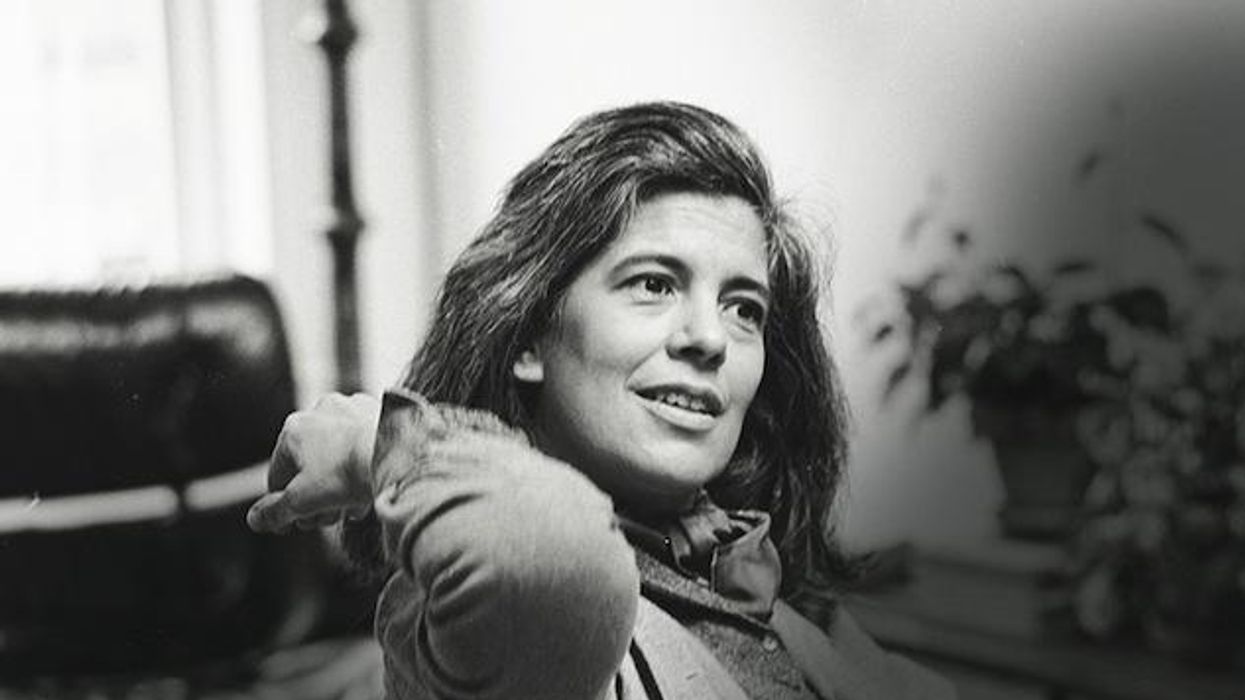




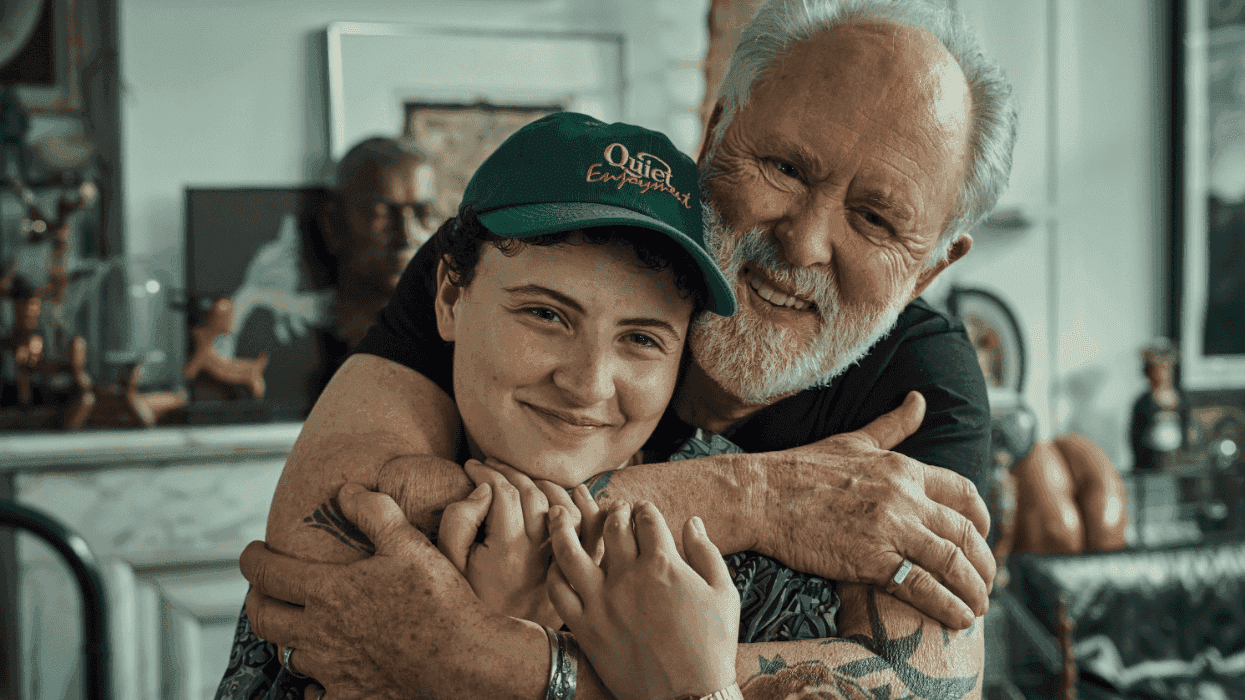

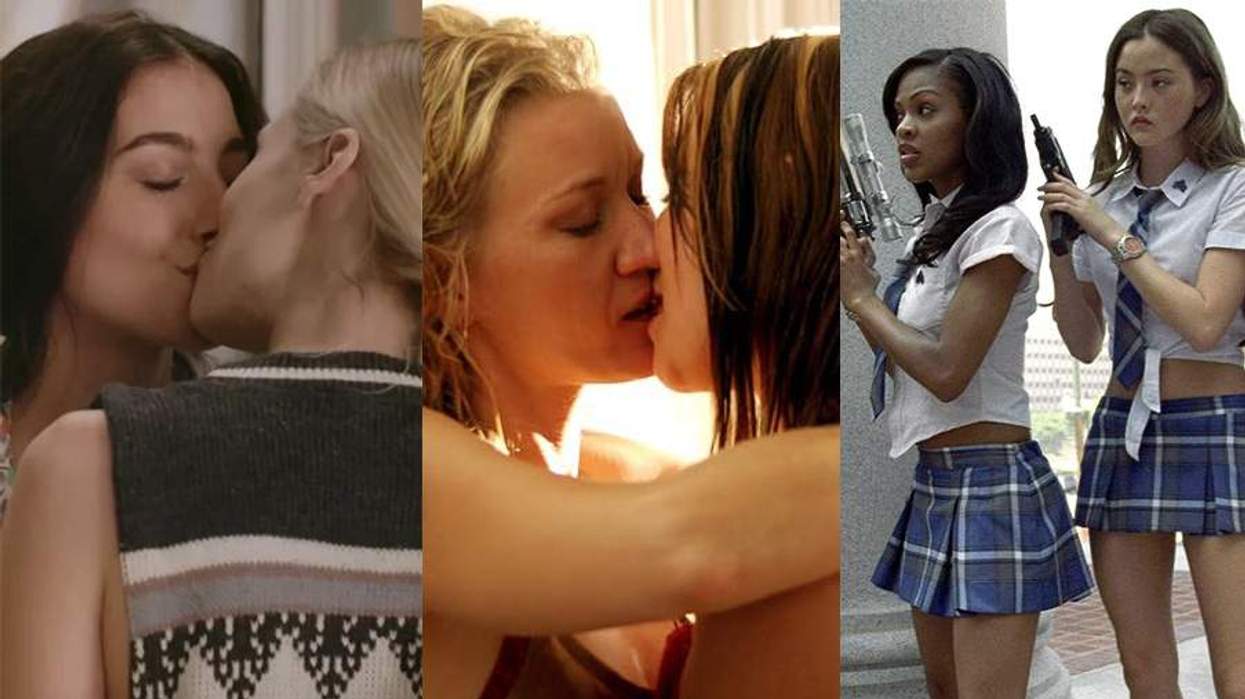
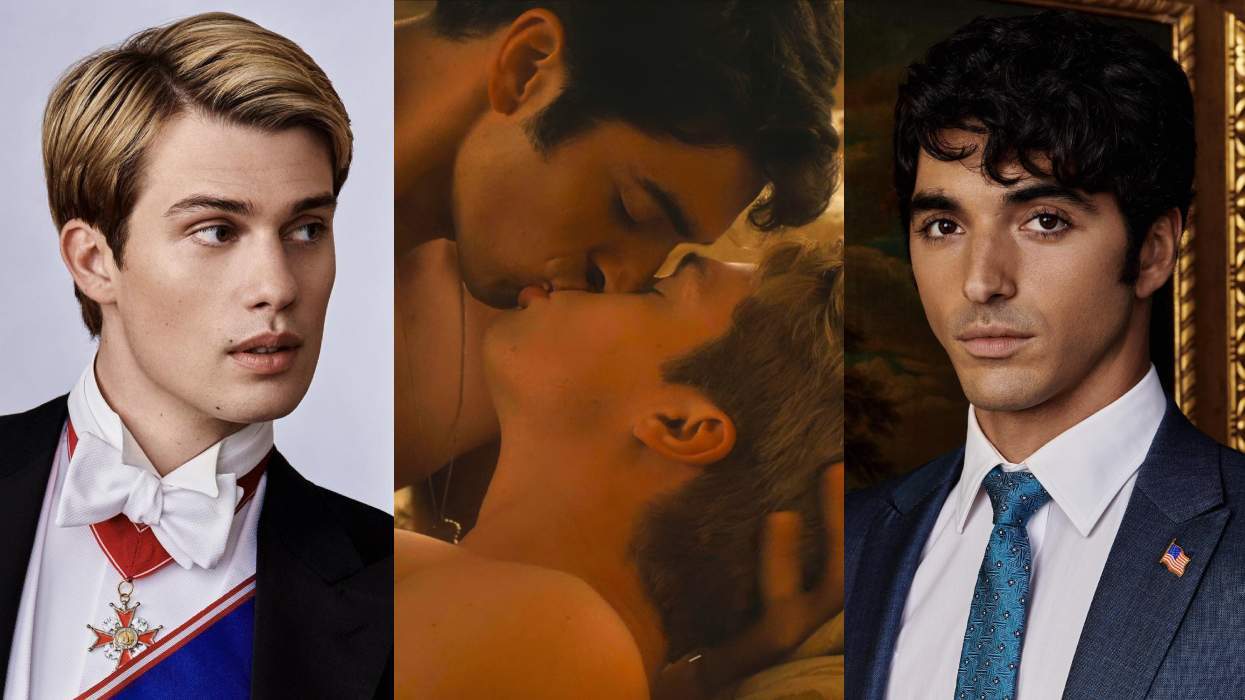







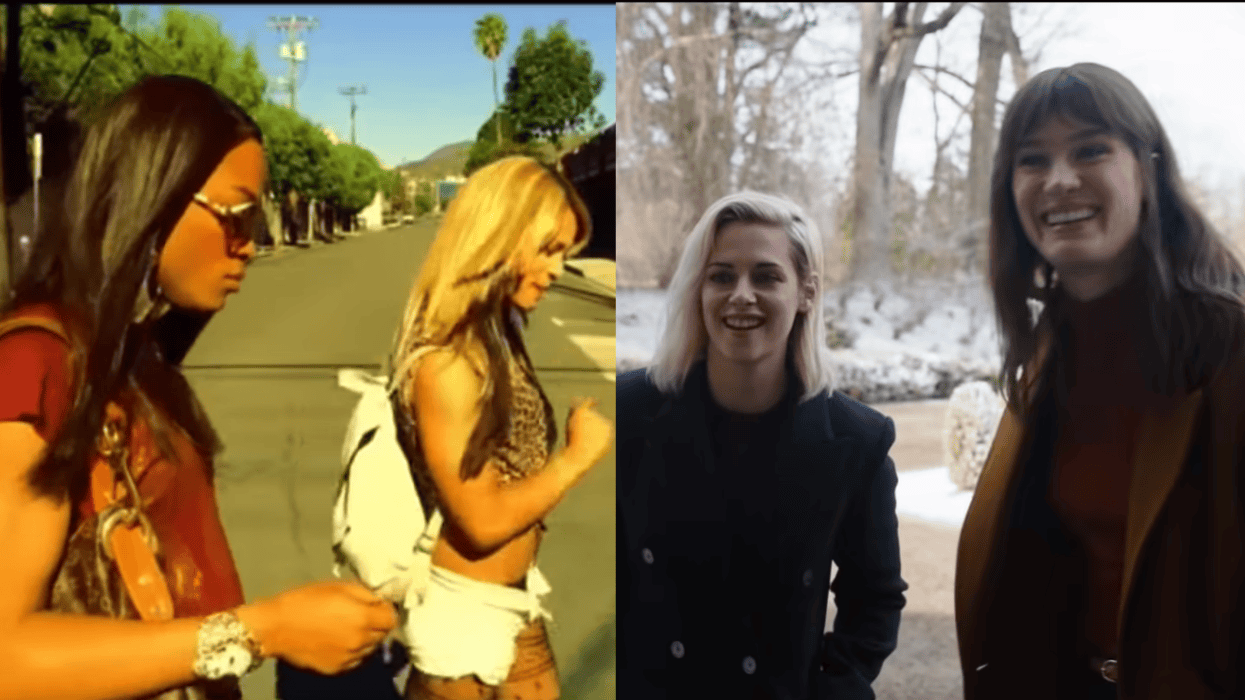
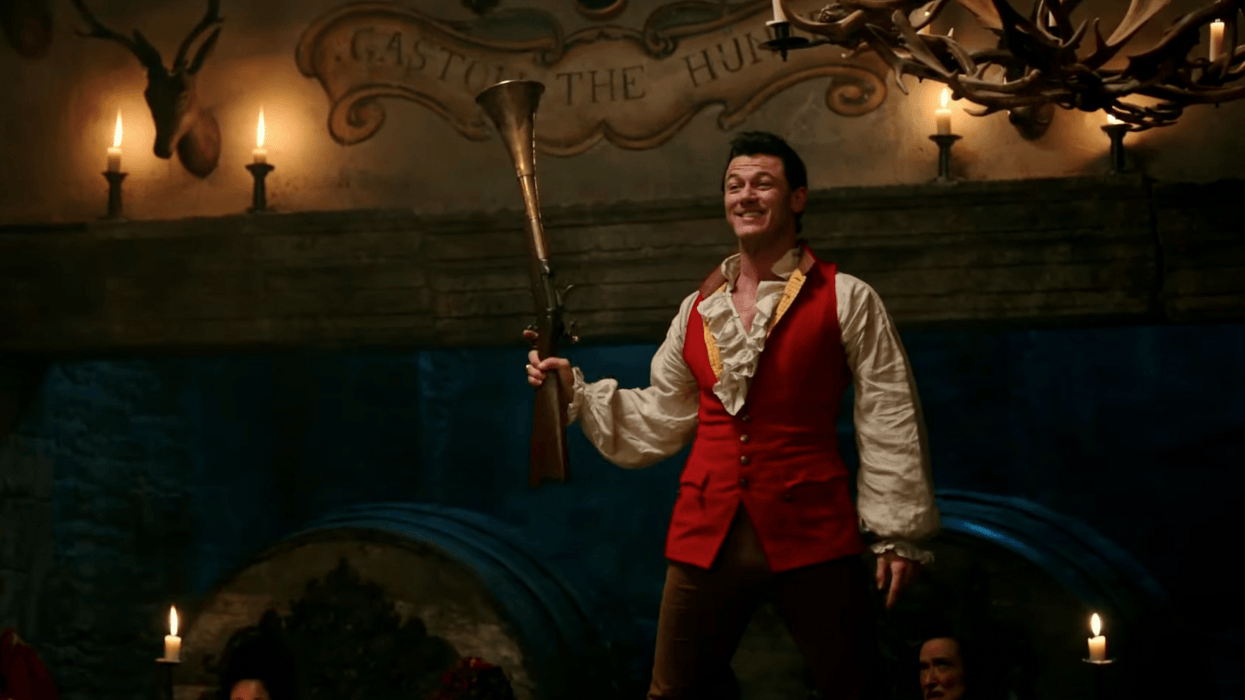



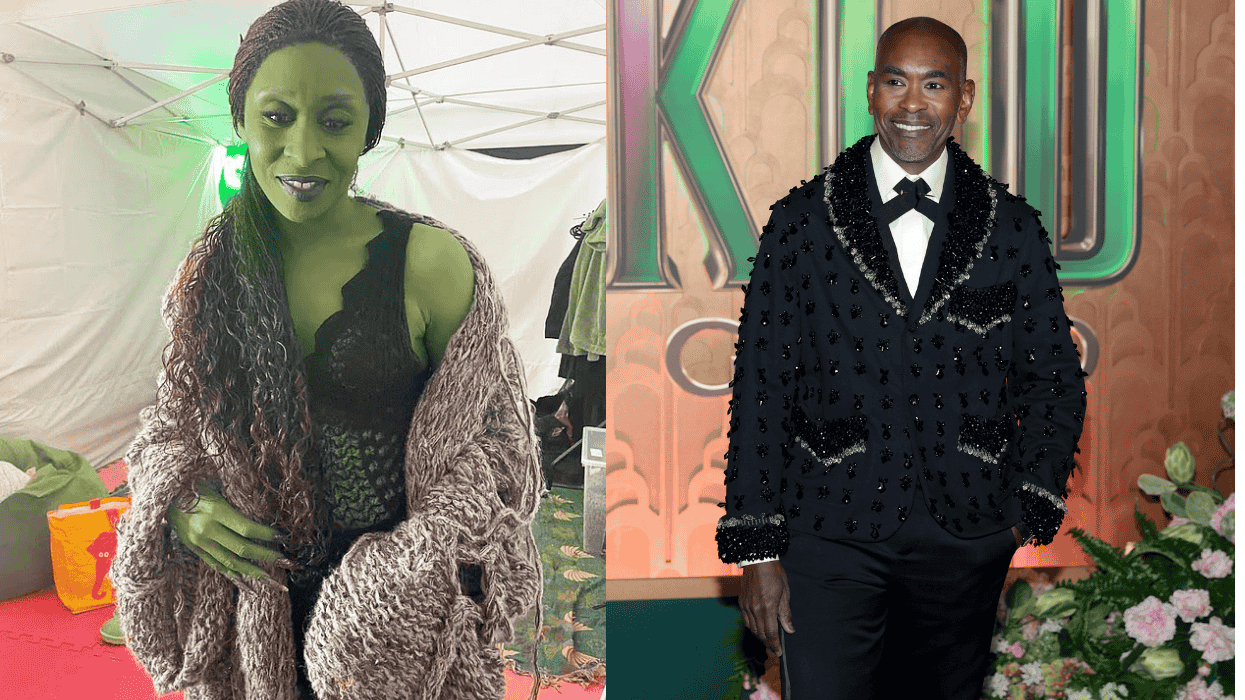

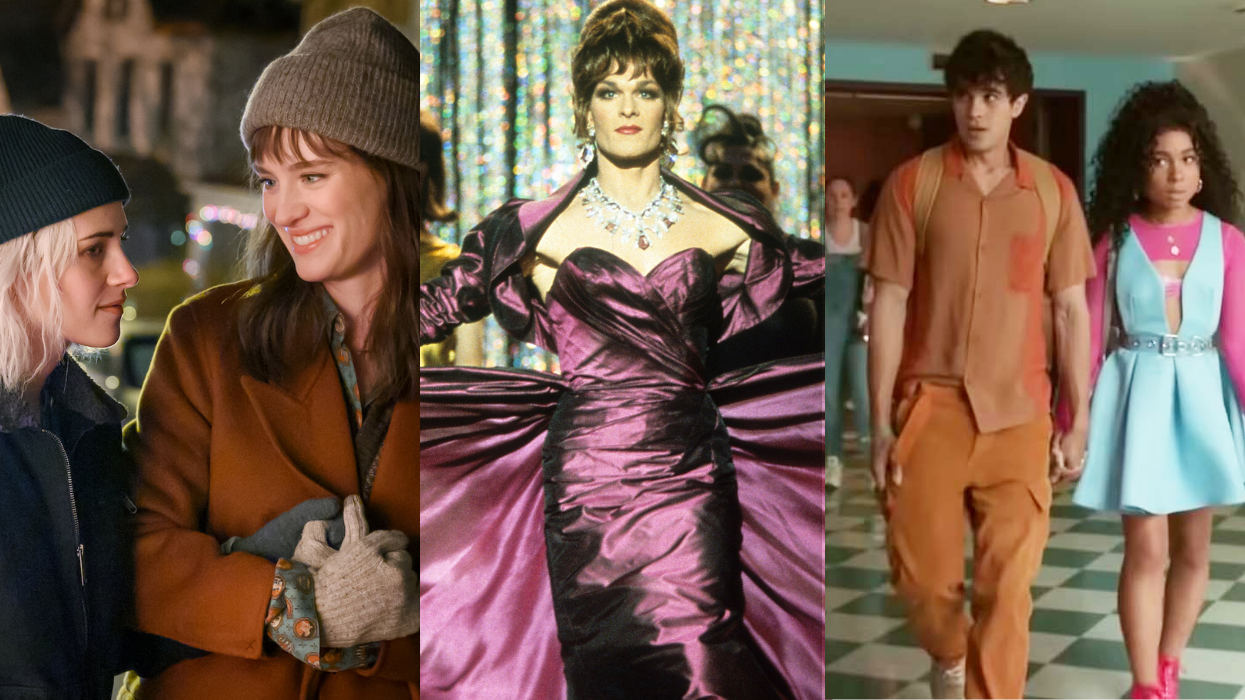
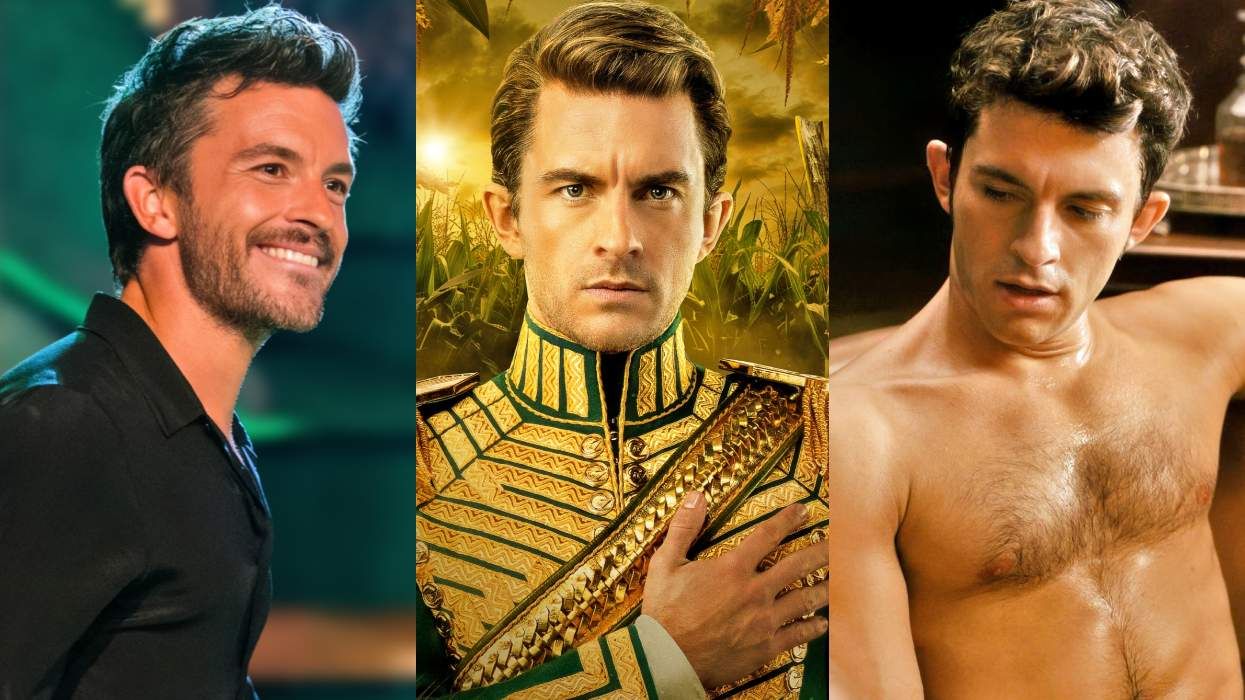
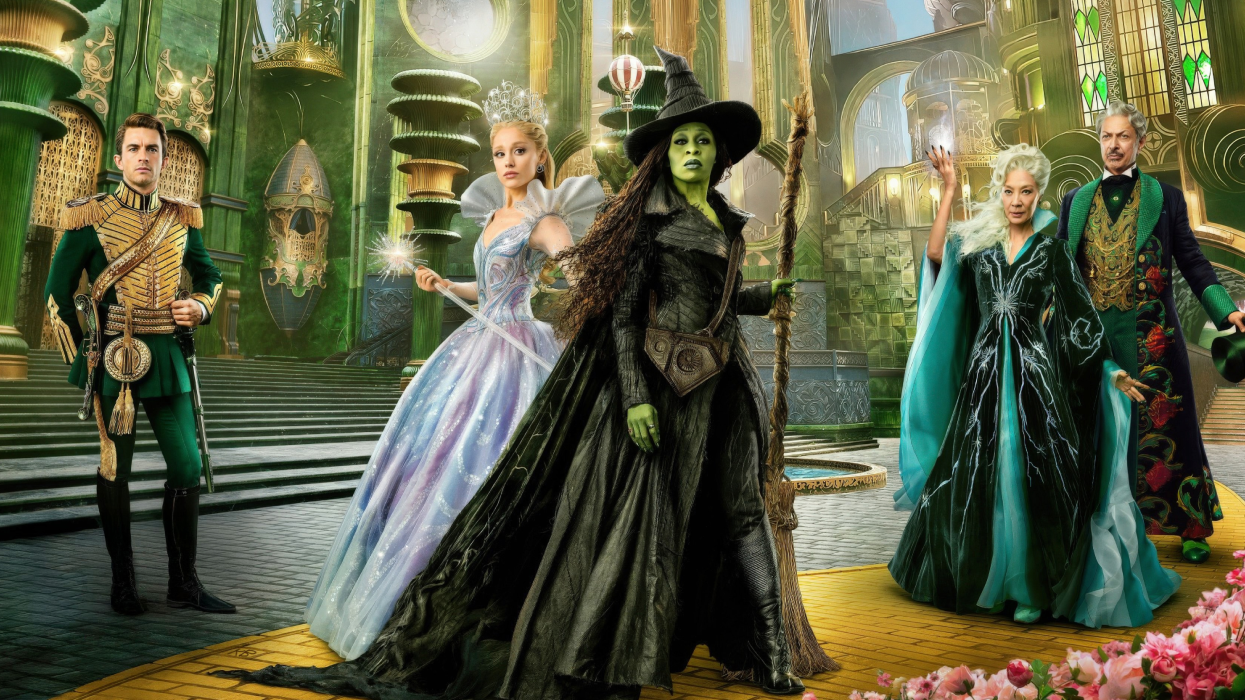
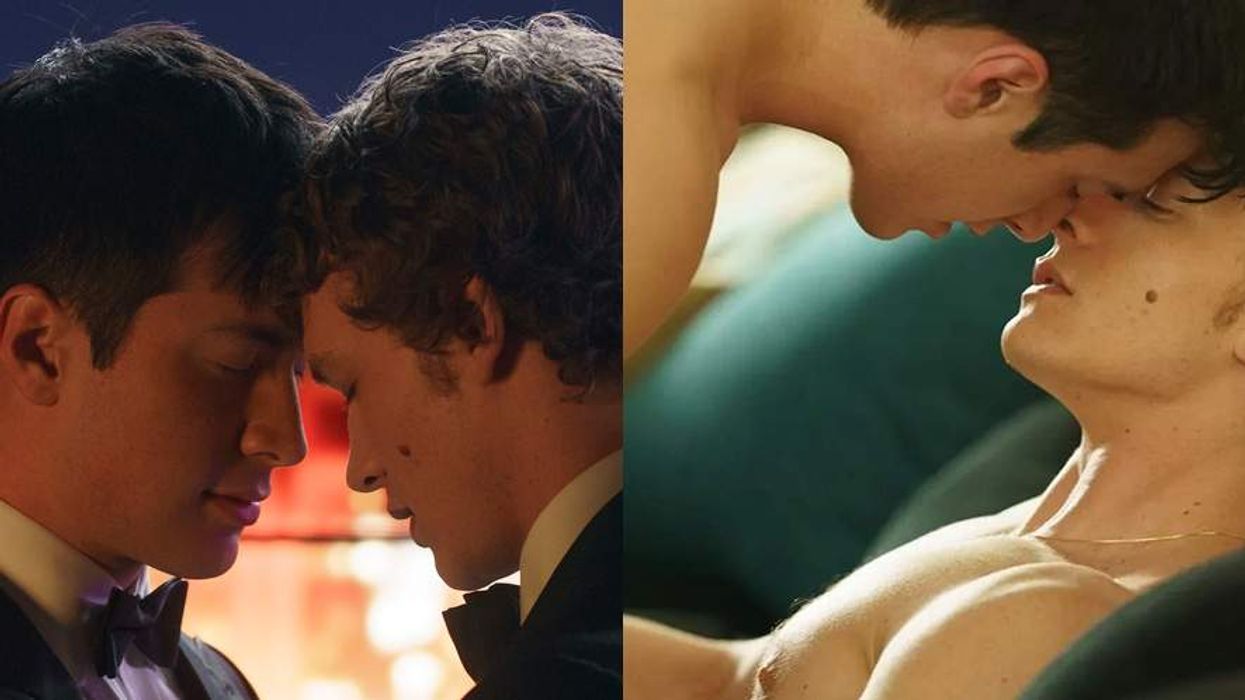

I watched the Kid Rock Turning Point USA halftime show so you don't have to
Opinion: "I have no problem with lip syncing, but you'd think the side that hates drag queens so much would have a little more shame about it," writes Ryan Adamczeski.